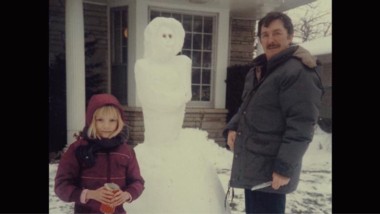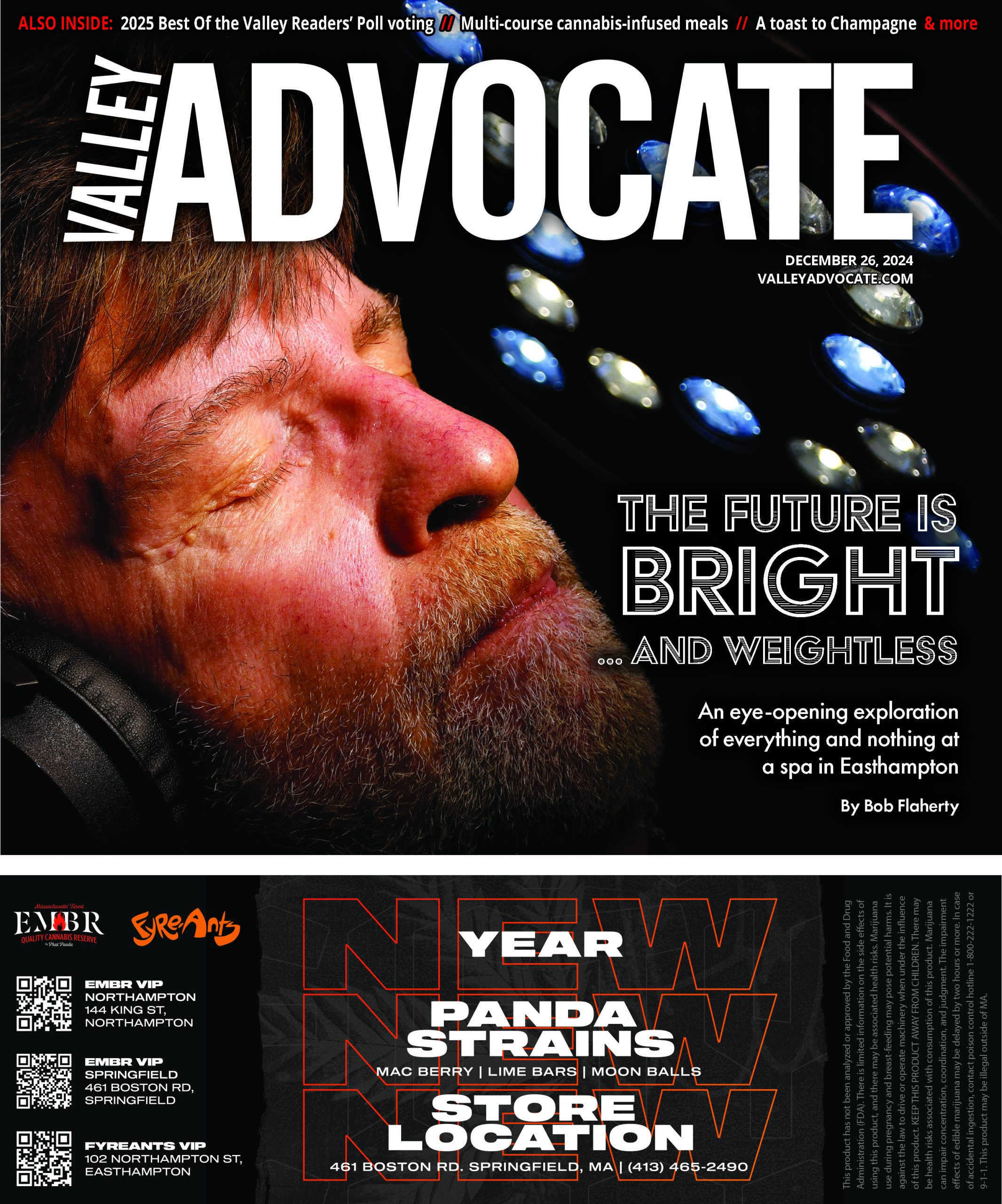Every family makes its own legends. These are the tales that get trotted out at every Easter or Thanksgiving, or in the nostalgic warmth brought on by a holiday brandy. Over the years we tell them to new acquaintances, in-laws, and neighbors—every girl I ever brought home has, to my occasional embarrassment, heard the story of how I was born so suddenly that my father was still outside parking the car—and over time burnish them to such a glowing finish that eventually they almost seem like stories about another family entirely.
But they are not about other families, and the stories are not always as magical as we might make them sound. What softens and blurs with the passing of years was likely very different to those who lived it, even if the details aren’t discovered until decades later. And yet the magic of family is such that, even after discovering a hard truth about a shared past, we so often find ourselves not driven further apart, but brought closer together, bonded by that common history.
Such is the case with Sarah Polley and her family. A talented actress (The Sweet Hereafter) who has lately turned to directing (she was an Oscar nominee for Away From Her), she turns the lens on herself in her latest work, Stories We Tell. The film is a documentary that pulls back the curtain on the surprisingly complex life of her actress mother Diane, who died when Polley was 11, and also reveals the tender and unusual romance of Diane and Michael, the man who Sarah Polley grew up knowing as her father. It’s not giving away too much to say that the story of the film hinges on the story the family used as a running joke when Polley was a girl: that of all the children, she was the only one who didn’t look like their dad.
What makes Polley’s film really stand out, though, isn’t only its compelling story and the equally compelling reactions its telling elicits from the family. It’s also how Polley’s filmmaking comments on the subject, and even enriches it with subtle hints that remind viewers that almost every story can be told in many ways, and that even the very act of sharing can change the meaning of what is being shared.
In one scene, she describes the past as “difficult to pin down” while viewers are shown a home movie of the director as a child—but as she speaks, the camera pulls back, and with a shock we realize that we are not seeing a home movie at all, but rather a re-enactment, with the grown-up Polley directing her own history.
Like life itself, Stories We Tell is filled with those moments of self-deception and stagecraft, reminding us that our individual histories, and the ways they are changed by circumstance, proximity, or love, are far too multifaceted to be easily summed up—even by the people who lived them.
Also this week: Silent film fans tend to be an egalitarian lot, but when it comes to comedy, we often play favorites. I’ve always been partial to Buster Keaton, and while I can certainly understand in theory why one might prefer a Chaplin or a Fatty Arbuckle, I shall never agree in practice.
That said, one of the great comedians of the era who is often overlooked in the rush to crown a king is Harold Lloyd. If the name isn’t familiar, you still know him: he was the guy who hung from the minute hand of a clock attached to the side of a building. That iconic image (from 1923’s Safety Last!, showing this week at Amherst Cinema) is so central to the thrill of filmmaking that it is still referenced today; just see Martin Scorsese’s Hugo for the latest tip of the hat.
So why is Lloyd a relative unknown now, compared to his peers? I think it was his modern-era slant that let him be overlooked; as crowds grew more modern, they looked to the nostalgia of Chaplin and Keaton, with their vaudeville looks and theatrical gags, the better to be reminded of how far they had climbed. Lloyd, on the other hand, strived to be a more modern type—someone who was more a man of his day than a character from the recent past. But while he may not have the lasting draw of his better-known contemporaries, that just makes it all the sweeter when we have a chance to see him on the big screen. For film lovers, it’s time to check the clock.•
Jack Brown can be reached at cinemadope@gmail.com.



